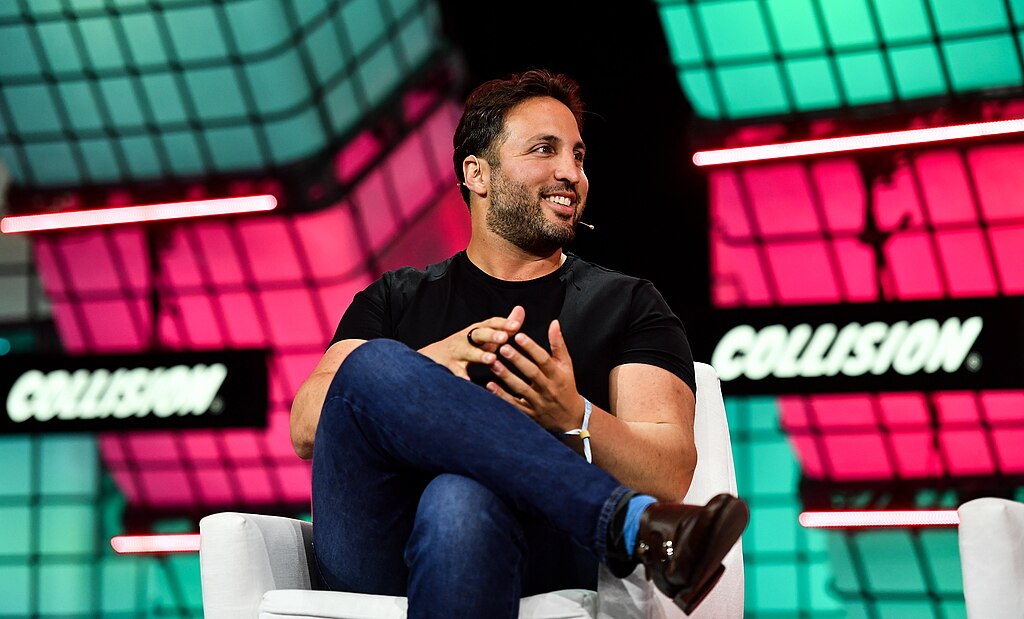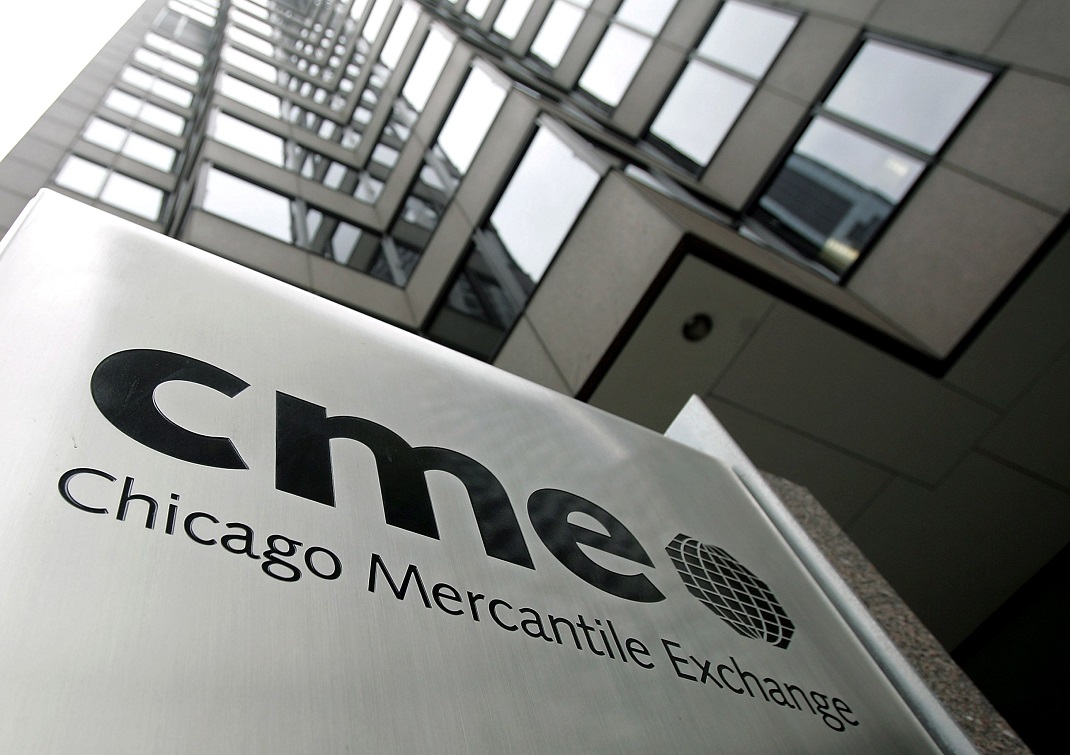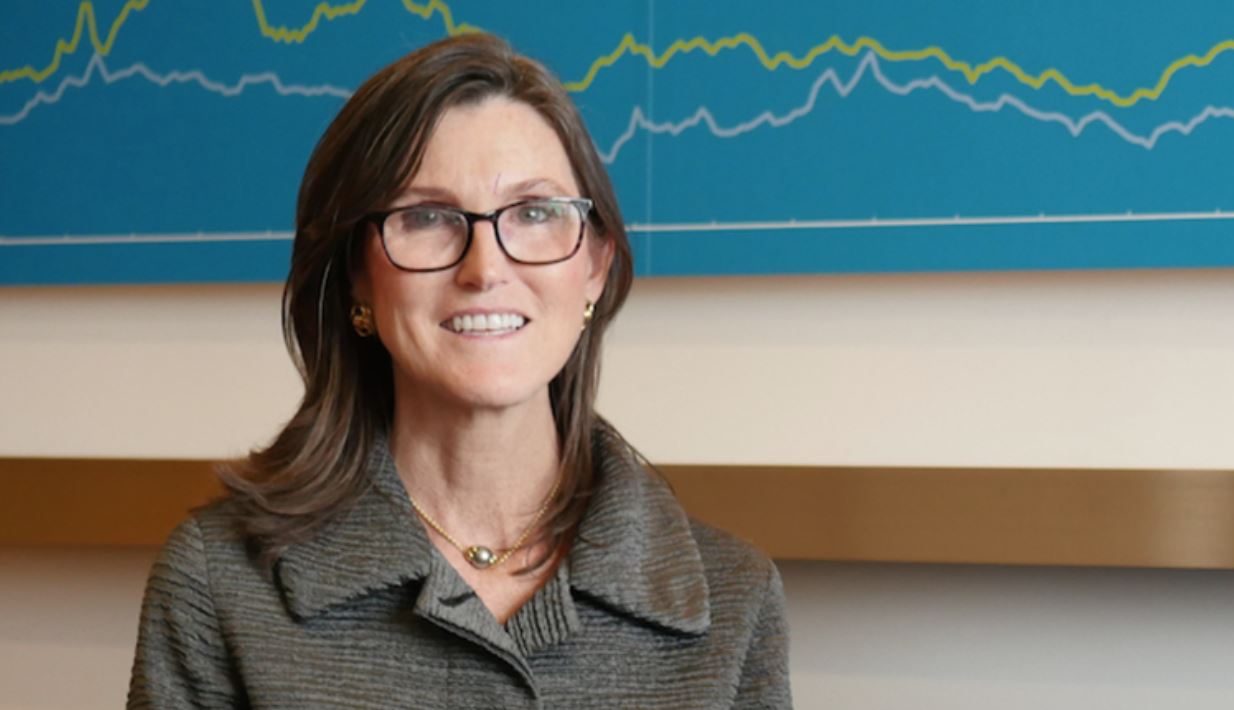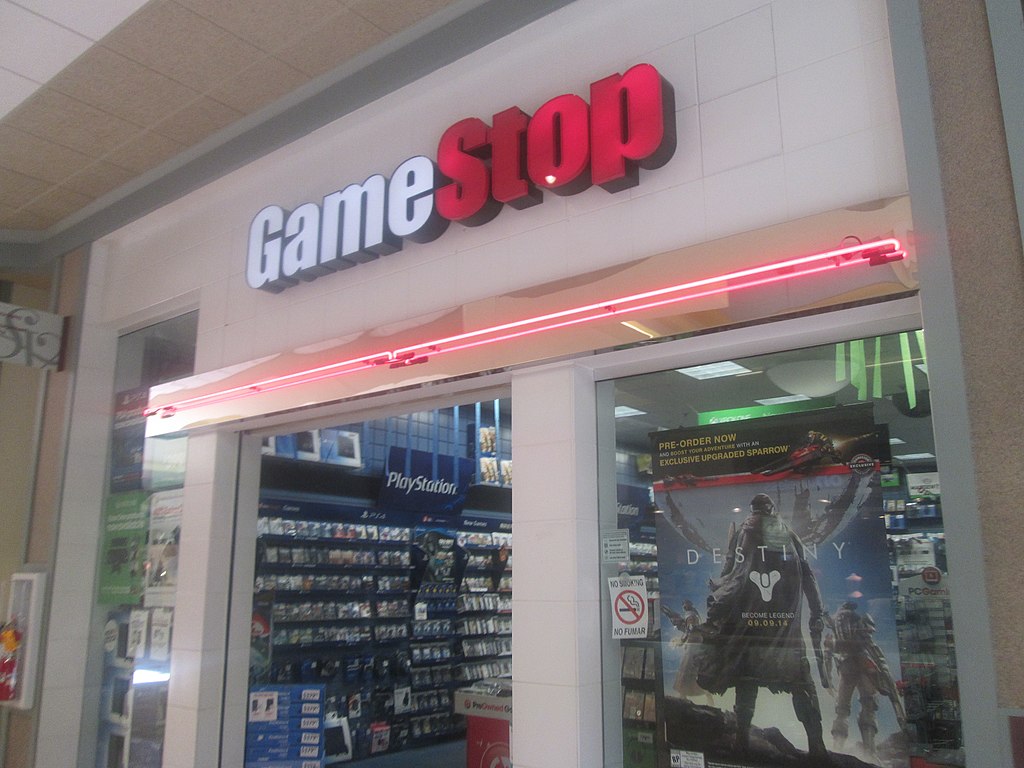Lamina1, a blockchain initiative with a focus on the metaverse, recently launched its betanet and a specialized Hub. This venture has been spearheaded by Neal Stephenson, the science-fiction author who introduced the term "metaverse" in his 1992 novel "Snow Crash," and early Bitcoin investor, Peter Vessenes. Stephenson's idea of the metaverse painted a picture of the digital and physical realms being deeply interwoven. However, the present-day metaverse landscape appears fragmented, with no real integration between its multiple virtual worlds.
In discussions with the media, Stephenson emphasized a more holistic approach to the metaverse, highlighting the importance of a unified digital space. With Lamina1, his aim is to set the groundwork.
Lamina1's betanet launch is a reflection of Stephenson's perspective. This phase offers an environment for partners, developers, and others to explore the platform's capabilities. Lamina1's main objective during this phase is to enable creators to lay down the groundwork for a seamless metaverse ahead of its full-scale launch.
Rebecca Barkin, CEO of Lamina1 and former executive at augmented reality company Magic Leap, shared insights on the recent developments. She indicated that the betanet was an advanced version of the testnet launched earlier this year, which attracted over 47,000 enthusiasts. Barkin emphasized that Lamina1's goal transcends just being another layer in the existing digital fabric. Instead, it's about offering content creators a smooth route to craft top-tier content.
Lamina1's recent features aim to refine user interaction by simplifying onboarding processes. The platform now incorporates an effortless method for users to establish new blockchain wallets. Additionally, the Hub functions as a comprehensive dashboard, showcasing transaction history, user profiles, and discovering fresh experiences on Lamina1.
Although the date for Lamina1's mainnet launch remains undisclosed, the company is optimistic about releasing a comprehensive product accessible to the public by the coming year.
Barkin concluded with the platform's commitment to address the challenges of intellectual property rights, emphasizing the importance of transparency and fostering a thriving creator community.

























Comment 0